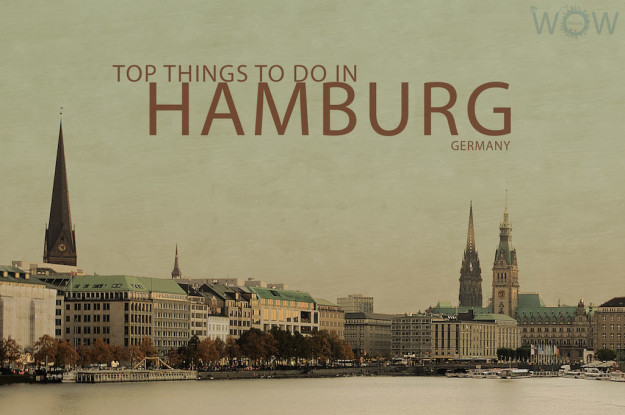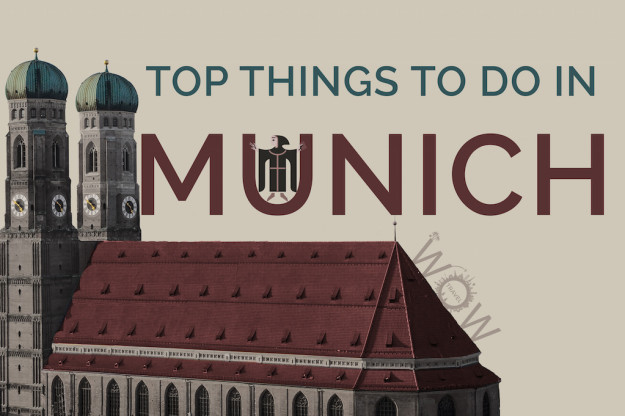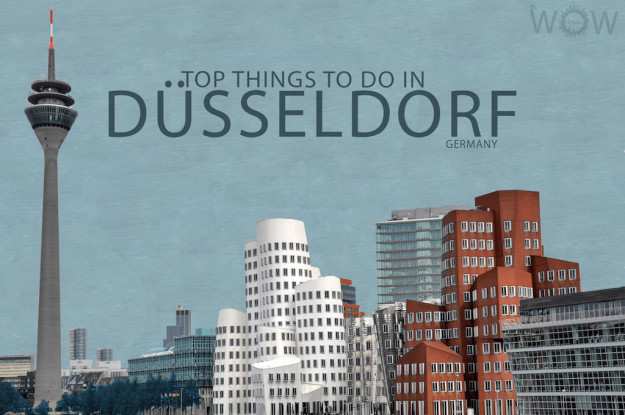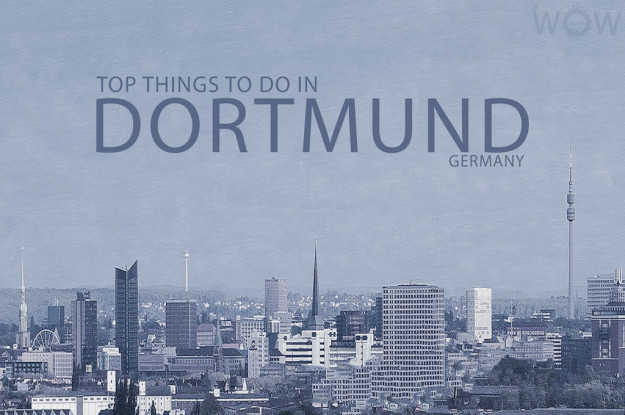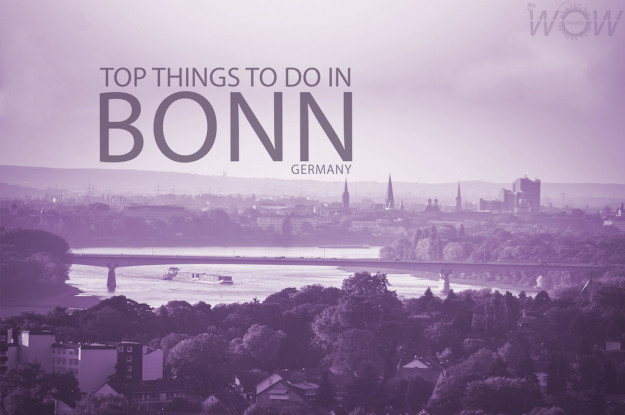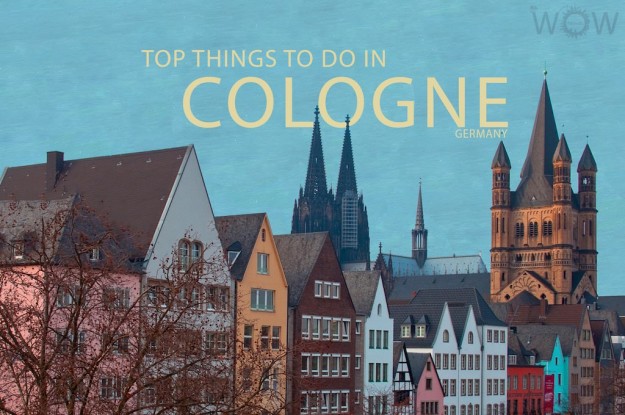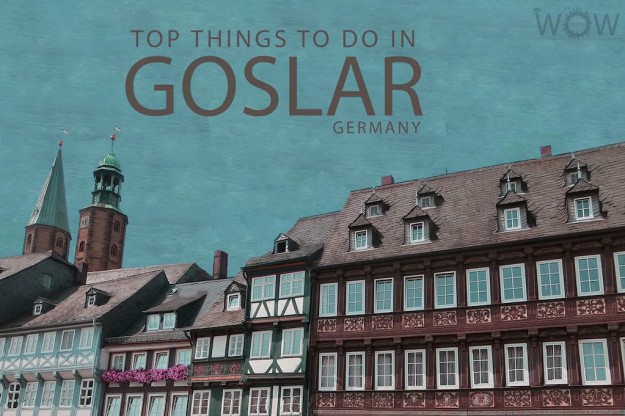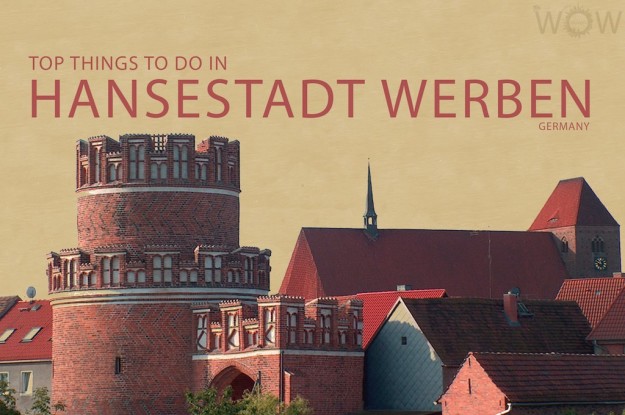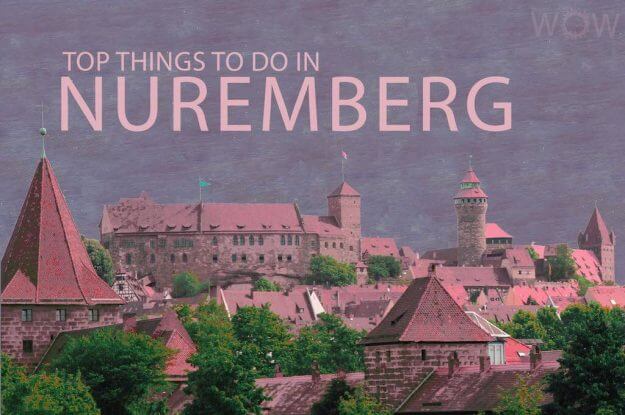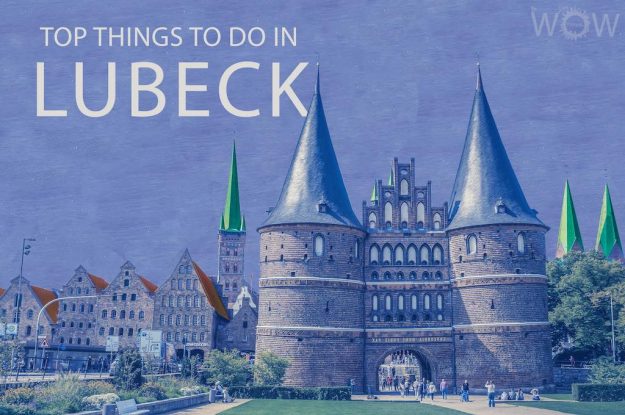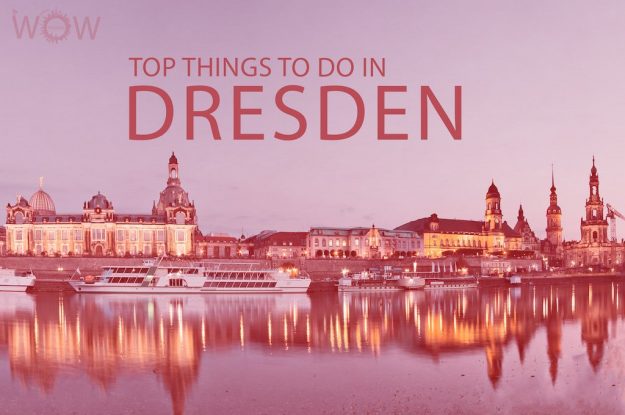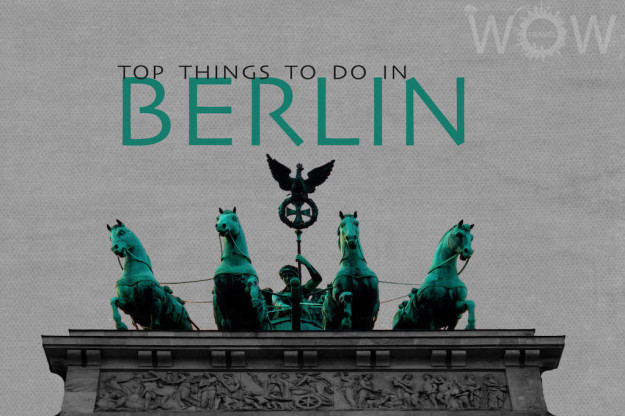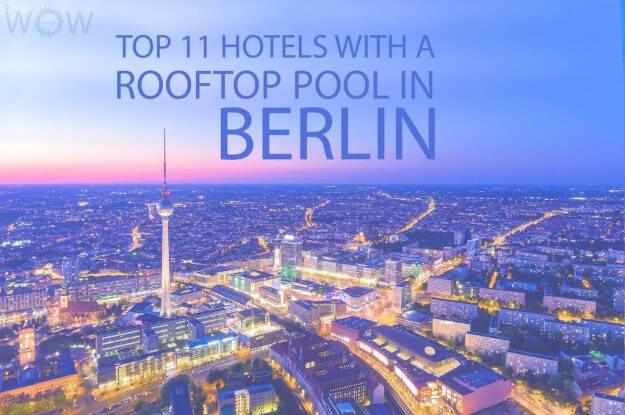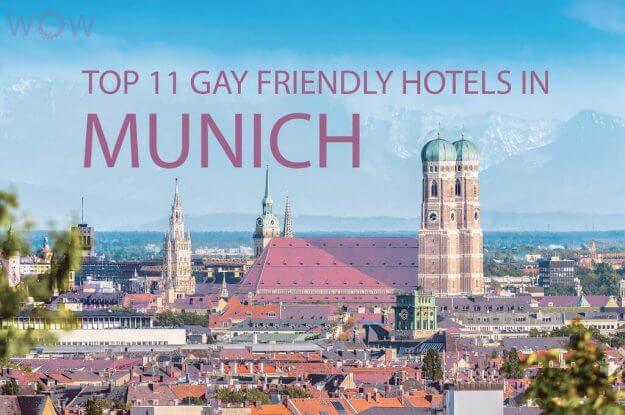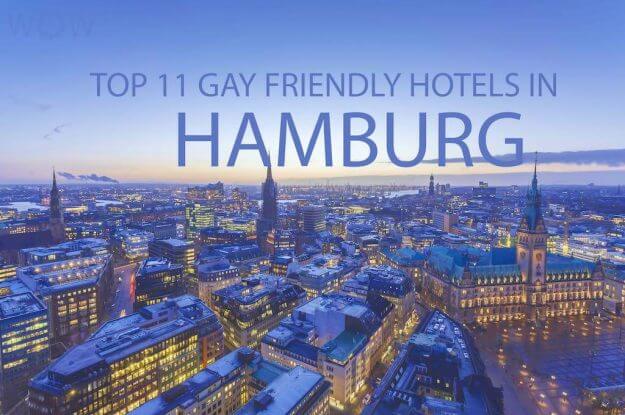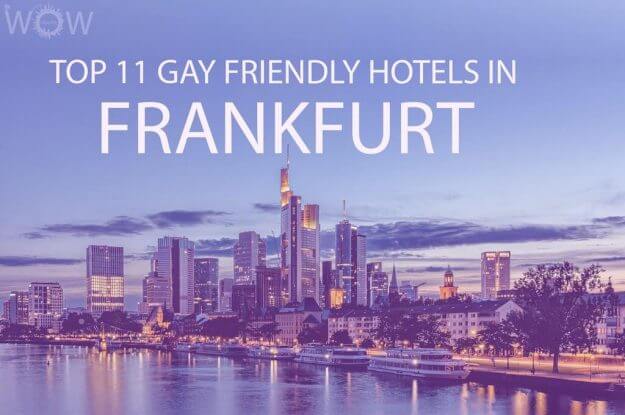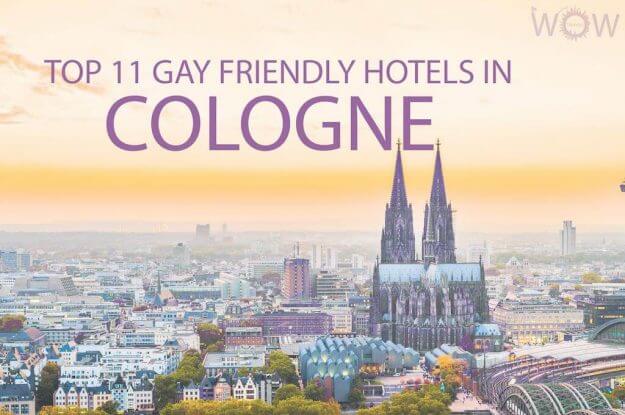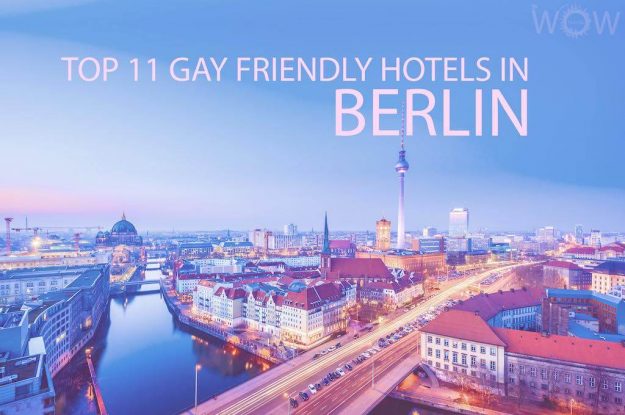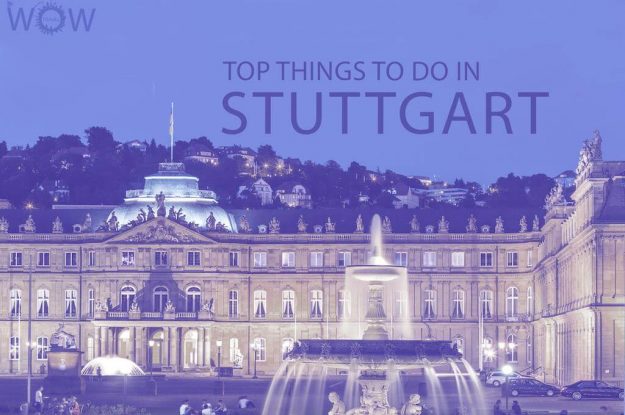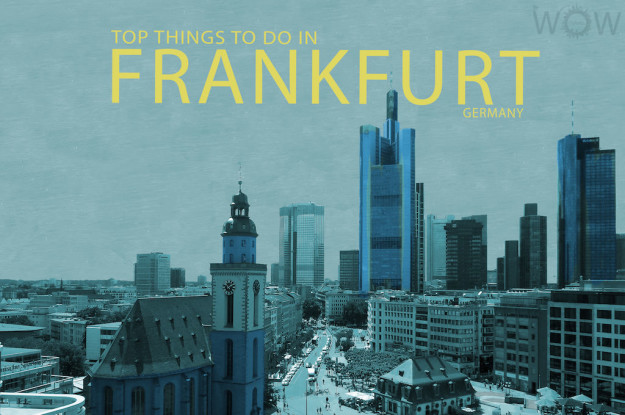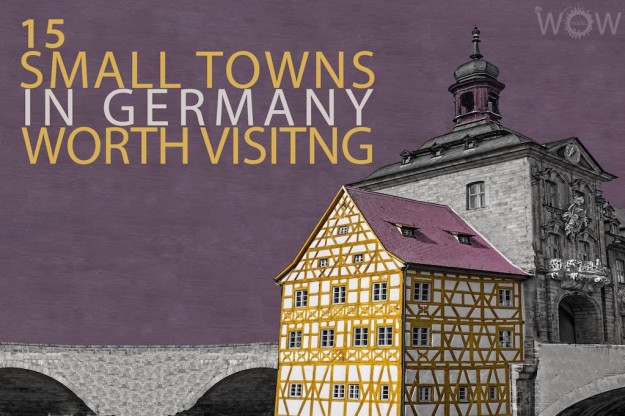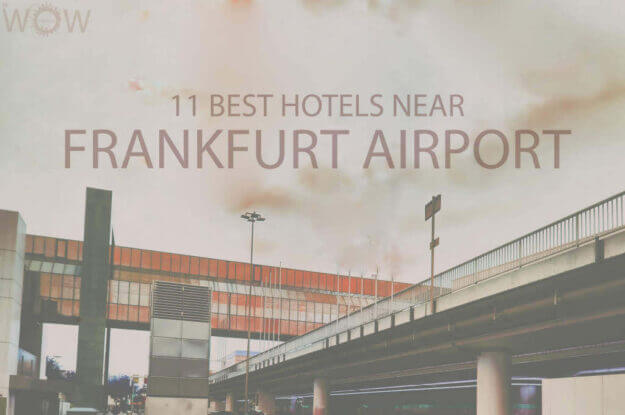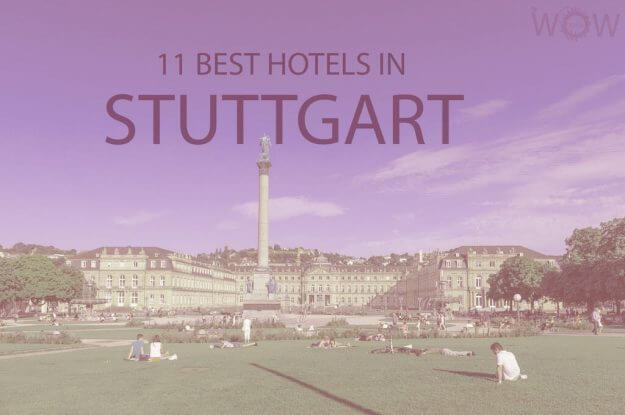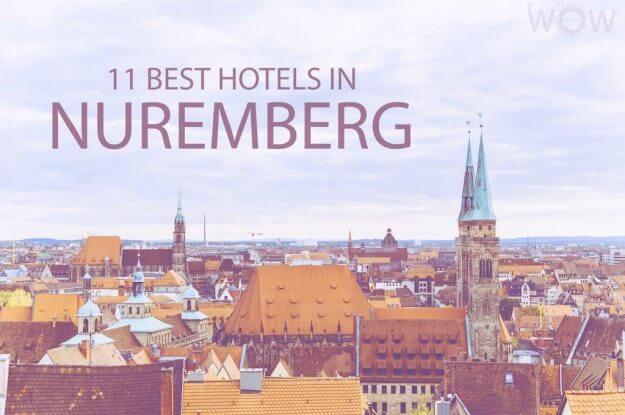To many people, Western Europe with its rich architectural heritage of impressive castles and palaces, magnificent natural scenery, and distinct yet sometimes quirky culture, epitomizes all that is Europe. Manmade marvels abound in this part of the world that is equally blessed with natural wonders. France’s Notre Dame Cathedral and Eiffel Tower, Salzburg‘s Hohensalzburg Castle, and Ghent‘s Gravensteen Castle are just a few of the manmade wonders that draw thousands to explore this part of Europe. On the other hand, the rich diversity of the natural landscape of Western Europe, from the stunningly beautiful vistas of Switzerland to the rocky outcrop of Le Rocher in Monaco, and the tulip fields of the Netherlands is as mesmerizing as the manmade structures which adorn them.
Another area that defines Western Europe is the art and culture that forms such an intrinsic part of this region. Some of the true legends of the art world, such as Michelangelo, Dali, Da Vinci, and Rembrandt called this part of Europe home. Throughout Western Europe, there is no shortage of museums and galleries where one can get lost in the beautiful creations of these masters. Besides art and culture, another area that is toasted in this part of Europe is food. Each country has its own distinct burst of flavors in food and drink, whetting the appetite and cravings of thousands of visitors.
Hamburg, Germany’s second-biggest city, has a personality of its own. From scenic beauty, a unique blend of world heritage monuments and charming village-like neighborhoods to modern pubs and nightclubs in the world´s most famous red-light district and the best burgers in Germany. Hamburg is ready to surprise you, Check out our Top 9 Things To…
Munich’s motto is “München mag dich” (“Munich loves you”) however, after our last visit to this incredible city, we love Munich. How couldn’t we? It is home to many national and international events, great universities, amazing museums and theaters, numerous architectural attractions, international sports events, exhibitions, conferences and festivals like the famous Oktoberfest (which actually…
Part of the Rhine-Ruhr region in Germany, which includes both Cologne and Bonn, Dusseldorf is a cosmopolitan, modern city bustling with great activities. Known for its fashion industry and art scene, it is a mecca for artistic souls and major businesses alike. Check out our list of the Top 8 Things To Do In Düsseldorf. [booking_product_helper shortname=”dusseldorf”]…
Located in the North Rhine-Westphalia region, Dortmund is one of Germany’s most eclectic and dynamic 21st-century cities and a center of high-tech industry. The former “steel city”, developed into a modern and cultural city, it is well-known for its excellent shopping, beer, and football and has many things to offer. From its spacious green parks…
Bonn, one of Germany’s oldest cities, is best recognized as the birthplace of Beethoven. Situated on the Rhine River, Bonn maintains a cozy, relaxed atmosphere of a small town, featuring a charming old town, many museums and many outdoor cafes and beer gardens. It is the perfect base city if you are looking to visit…
Cologne is Germany’s fourth-largest city after Berlin, Hamburg and Munich, and one of the oldest cities in the country too. As a cultural hub in the west of Germany, Cologne is famous for its spectacular cathedral, whose twin spires dominate the skyline and a top-quality array of cultural attractions with over 40 museums and more than…
Founded in 922, Goslar is a historic town located in the north-western foothills of the Harz in Lower Saxony, Germany. It looks back onto a long history as it was an imperial city for nearly 250 years during the mid ages and was one of the most important seats of power in the Holy Roman…
Situated between Berlin and Hamburg, Hansestadt Werben (Elbe) is a town in Saxony-Anhalt state, Germany. Visit the smallest hanseatic city in the world and find a hidden gem. There are lots of things to do, adventures to explore and secrets to discover. We are pretty sure that you will feel the calm of the place instantly. No…
The ancient city of Nuremberg happens to be an important center for arts as well as culture. This city has associated itself with a number of advancements in science and technology – specifically in printing as it became home to the very first printing press of Europe. There are a number of beautiful attractions within…
Lubeck, a historical city known for its rich heritage, is located in Northern Germany. It gives an insight into Old World Germany and is positioned near the Baltic Coast. Due to its status, its nickname during the 14th century was “The Queen of the Hanseatic League.” There are several cultural spots that offer tourists a…
Dresden is one of the most populous cities in eastern Germany and the capital of the German state of Saxony. Located on the bank of the Elbe River along with the Ore Mountains in the backdrop, Dresden is a perfect ‘postcard city’. It has been the seat of Royal families and Polish Monarchs for centuries…
Berlin is more a part of the world than a city. it is a pulsing, exciting city with so many diverse and distinctive neighborhoods, iconic history all around, cutting-edge architecture, vibrant culture, intensive nightlife and great food from every corner of the world. Berlin is not really about the sites, it is not Paris. It is about the…
The capital of Germany and the largest city in the country, Berlin is the center of politics, arts, culture, and science. The city is home to a UNESCO World Heritage Site, namely Museum Island. Despite its devastation during World War II and the decay of the city’s east side of the Berlin Wall, there are…
There are few places on earth like Munich, where high-tech cars and classic Bavarian architecture sit side by side. However, Munich is more than just beer, Oktoberfest, and art. It is also a place where LGBT people are embraced as a part of society. There’s more than one gay neighborhood in Munich and some exclusively…
Germany’s second largest city has undergone a huge transformation since its early beginnings as the world’s port city. Hamburg’s gay scene may not be as big as that of Berlin or Cologne but it is alive and kicking. You’ll find plenty of gay hotels in Hamburg though you won’t find any ‘exclusively’ gay hotels here.…
Often referred to as ‘Mainhattan,’ Frankfurt, with its swish skyscrapers and swanky buildings, is distinct from other German cities. This multicultural and tolerant city is often overlooked because of its financial powerhouse image. However, the city has a big queer presence and therefore, there is no shortage of gay accommodation in Frankfurt. Although you won’t…
The gay scene in Berlin might be more dynamic and bigger, but Cologne will give you a warm, fuzzy-something, familiar feeling. Famous as Germany’s ‘other’ gay capital, the city has become a popular tourist destination. It is due to this fact, as well as the city’s cosmopolitan and accepting attitude that there are many gay…
Berlin’s gay pride in July attracts a huge number of visitors to the city, but gay travelers don’t only congregate here during pride. The city is one of the most sought after gay destinations in the world for various other reasons and as such there are plenty of gay hotels in Berlin to cater to…
Situated in the verdant Neckar Valley and home to world-famous companies, Stuttgart combines the best of nature and human ingenuity. The city sits on Bernhartshöhe hill, about 126 km southeast of Heidelberg and an hour from the famed Black Forest. Greenery is all around here, from the vineyards perched on the hillsides to leafy woodlands…
Frankfurt, the 5th largest city in Germany (after Berlin, Hamburg, Munich and Cologne) is one of Germany’s oldest cities. It is both enticingly modern yet vibrant with history and culture. Frankfurt may be best known as the business and finance capital of Germany filled with towering skyscrapers, but it is also one of the most…
Germany’s largest cities like Berlin, Munich, Hamburg, Cologne, and Frankfurt are different in unexpected ways, each with their own ‘personality’ shining through. But this time we decided to dive deeper into the German hinterland to find some of its undiscovered gems. Between the dense forests, the fertile valleys and the stunning splendor of the Alps,…
Welcome to Frankfurt! A city that’s considered by many as one of the financial muscles in Germany. There are tons of business districts scattered in all directions. The skyscrapers stood proudly in the busiest quarters. But despite all the hustle and bustle, this Bavarian Manhattan still has room for the captivating charm of the Old…
The city that gave the world Porsche and Mercedes-Benz cars is not only a manufacturing powerhouse, but it’s also a culture and arts hub. Stuttgart overflows with world-class galleries, museums, and the performing arts. What’s more, this capital city of the Baden-Württemberg state in southwest Germany, is rich in natural beauty. From vineyards and green…
Also called Nürnberg, the Bavarian city of Nuremberg is rich in history and culture. It was a vital commercial hub during the Middle Ages and in the following centuries. It was here that Europe’s first printing press saw its start. Nuremberg was also where astronomer Nicolaus Copernicus published his most famous work. The local arts…

